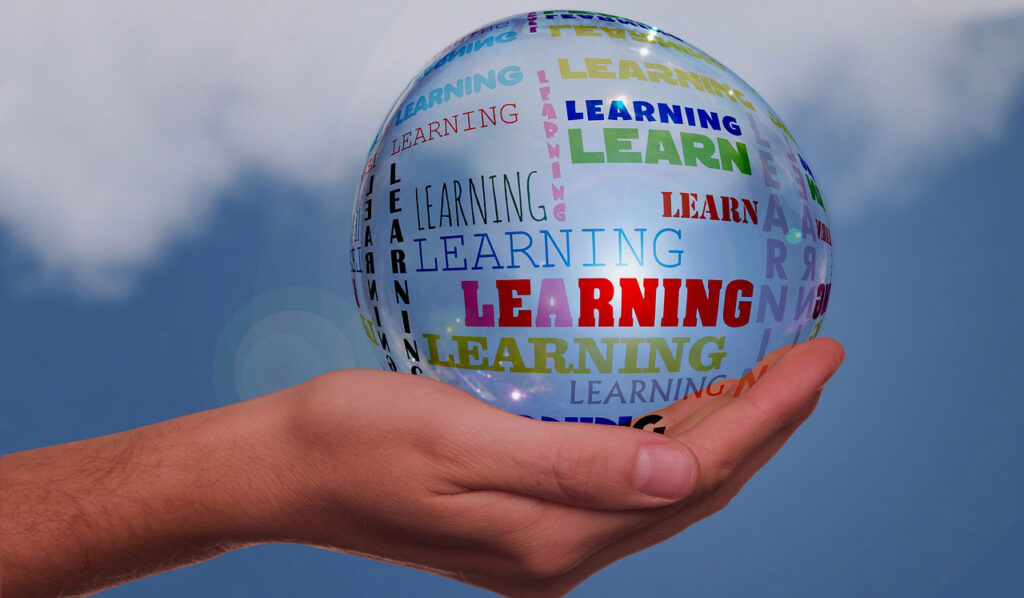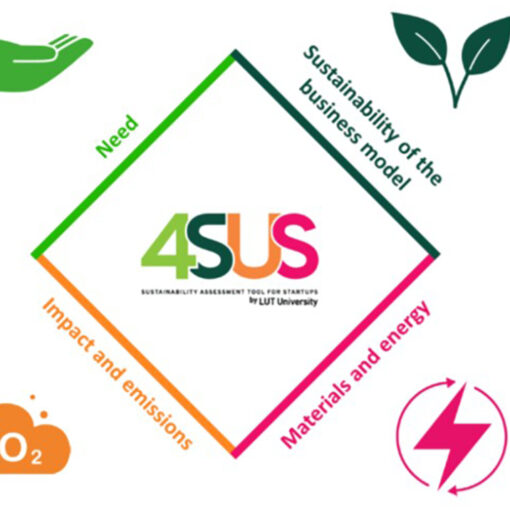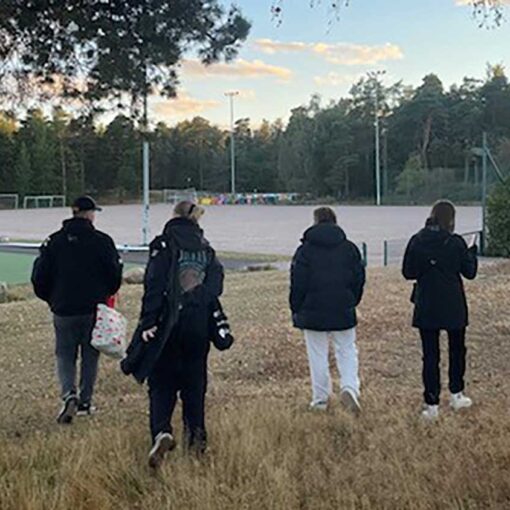Reaching inclusiveness is one of the primary goals of the SmartVille project through establishing technological Living Labs in the rural areas of Namibia and Zambia. The Living Labs intend to utilize technological platforms for facilitating access to both formal and informal educational and training resources. Since the primary goals of the project are to address educational disparities, enhance entrepreneurship skills, and promote sustainable growth and employability in rural regions, the project aims to reach also the most vulnerable groups to transform entrepreneurship education and foster community development. (LAB 2024)
As United Nations have outlined in the principles of Sustainable Development Goals, inclusion can be defined as leaving no one behind (United Nations 2024; Saarijärvi et al. 2024). After comparing the SmartVille project partners national differences and similarities defining inclusion, it became evident that all partners shared a common understanding that inclusion involves complete integration and active participation of vulnerable groups across various aspects of life, including education, finance, and health care. (Saarijärvi et al. 2024)

Young girls, women, disabled and elderly
In June 2024 the project working group had a workshop, Defining inclusive principles, with the intention of identifying the most vulnerable groups both in Namibia and Zambia, and which inclusion needs could be addressed by the Living Labs. The workshop also identified what factors could prevent the most vulnerable groups from participating in the Living Labs and how this problem could be tackled.
Both Namibian and Zambian partners have identified the most vulnerable groups as young girls, women, disabled individuals, and the elderly. Young girls are particularly affected by cultural practices that arrange marriages through their families, hindering their educational opportunities. Women bear the responsibility of gathering wood and cooking, often with the assistance of children. Disabled individuals lack access to educational institutions, and there are no nursing homes available for the elderly. In cases of Alzheimer’s disease or dementia, elderly individuals may be wrongfully accused of witchcraft.
Challenges and how to overcome them
The Living Labs initiative addresses these inclusion needs by providing young girls with opportunities to continue their education, thereby reducing school dropout rates. Through education, girls and women can acquire entrepreneurial skills, potentially leading to the establishment of businesses. In Namibia and Zambia, women frequently contribute to the family’s income. Additionally, youth unemployment can be mitigated by offering educational programs that enhance self-esteem and empower employment prospects.
Weak level of infrastructure including power shortages, long distances geographically, high cost of transportation, lack of childcare, and shortage of money, together with lacking institutional and governmental support challenge the most vulnerable groups participating in the Living Labs. To achieve the goal of inclusion, it is essential to take actions first by troubleshooting and identifying the most vulnerable groups to promote inclusiveness and empowerment.
Author
Mia Ekman works as a Senior Lecturer in the Faculty of Business in LAB University of Applied Sciences. Currently works also as a project manager in the Developing Sustainable and Entrepreneurial Villages through Educational Living Labs in Namibia and Zambia (SmartVille) project.

References
geralt. 2018. Aikuiskoulutuksen, oppia, koulutus. Pixabay. Cited 26 Aug 2024. Available at https://pixabay.com/fi/photos/aikuiskoulutuksen-oppia-koulutus-3812693/
LAB. 2024. Developing Sustainable and Entrepreneurial Villages Through Educational Living Labs in Namibia and Zambia. Project websites. LAB University of Applied Sciences. Cited 21 Aug 2024. Available at https://lab.fi/en/project/developing-sustainable-and-entrepreneurial-villages-through-educational-living-labs-namibia
Saarijärvi, T., Schulz, A. & Best, C. 2024. Experiences from SmartVille project: what does inclusiveness mean in Africa and in Europe? LAB Focus. Cited 21 Aug. 2024. Available at https://blogit.lab.fi/labfocus/en/experiences-from-smartville-project-what-does-inclusiveness-mean-in-africa-and-in-europe/
United Nations. 2024. Leaving no one behind. Cited 21 Aug 2024. Available at chapter1.pdf (un.org)




